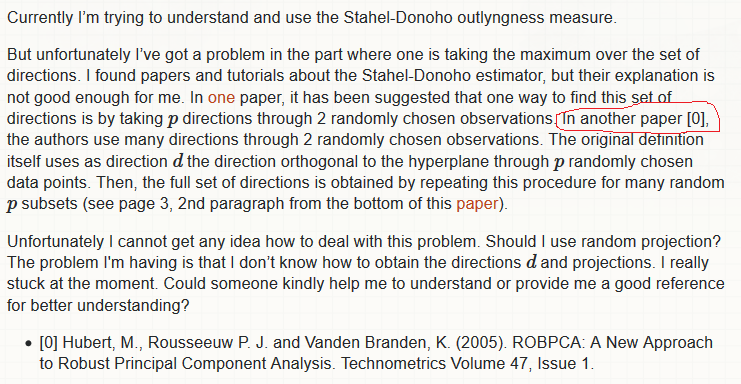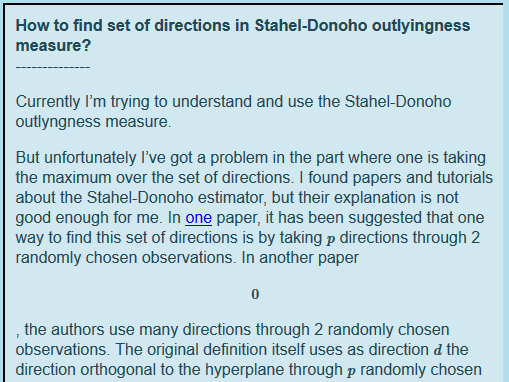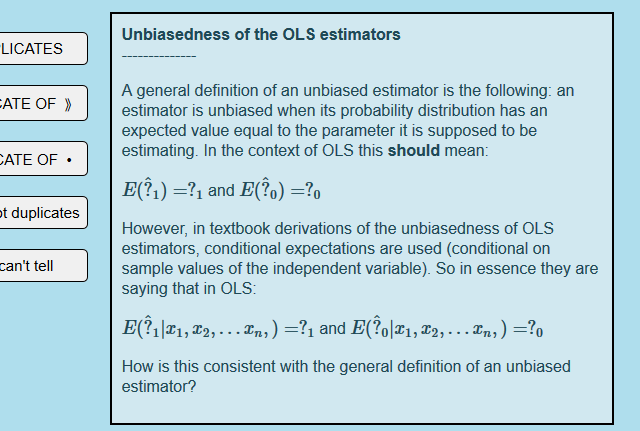Stack Exchange recently started a collaboration project with the University of Melbourne, in an attempt to improve the automatic detection of duplicate questions.
More information on the project and a call for help from the community can be found here: Project Reduplication of Deduplication Has Begun!
In it, Tim Post mentions that Doris Hoogeveen (me) will post a message on the different meta sites to let you know that we're ready for help. This is it!
As a brief summary, the project is about finding ways to automatically determine if two questions are duplicates, and also to detect the opposite: falsely tagged duplicates. To validate our methods, we need manual judgements from people who really know the data. This is where we need your help. It is impossible to manually annotate all the data from Stack Exchange, and so we have applied several filters to make sure we only show you questions pairs with a high likelihood of being duplicates. This does not mean that most of the pairs will be duplicates. Instead, it means that the percentage of duplicates in there will be much higher than in a random sample, and it means that the pairs will be informative for our model, even if they are labelled as non-duplicates.
Participation is completely optional, and there's no minimum time requirement. There's a reputation requirement however: only people who have duplicate question tagging rights on the site can participate. That is people with at least 3000 reputation points, or a gold badge. This is to ensure the annotations are compatible with StackExchange's quality standard.
If you are interested in participating in the project, please head over to the annotation interface, which can be found here: http://hum.csse.unimelb.edu.au/se-annotate/
You can log in with your Stack Exchange account, so no sign up is required. The site also contains some more information on the project, which might answer some questions you may have. And I'm also happy to answer them here.



